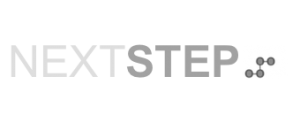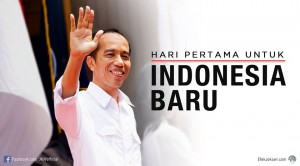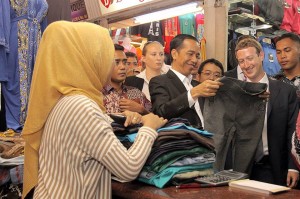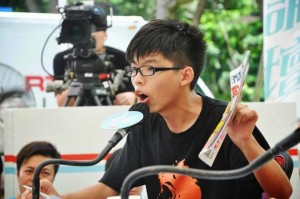21st Century Leadership
[dropcap] C [/dropcap]ongratulations to Pak Joko Widodo (53), newly installed as President of Indonesia!
I first went to Indonesia in 1998 a few days after Suharto, dictator for 31 years, was deposed. The city of Jakarta was in shambles as many were killed in the confrontation between the military and the civilians who wanted democratic change.
Since then, four presidents have sought to bring prosperity and change to the nation with varying degrees of success. These well meaning leaders have all helped the established interests of those who have profited from political connections and corruption. Their interests have mostly ignored the poor and have severely limited the development of the nation.
In the meantime, a man coming from among the common people was emerging as a leader interested in efficiency, honesty and real change for the nation.
Enter Jokowi, a man of unparalleled contrasts. A furniture salesman who was impressed with the social justice he saw in Europe and wanted the same for his people. He decided to enter politics without the support of any of the existing political parties and became the mayor of his hometown Solo in Central Java. After a very successful tenure, he decided to run for leadership of the capital city Jakarta.
He surprised everyone by choosing as his running mate Ahok, a Chinese Christian. He won the elections and their leadership has positively changed Jakarta in unprecedented ways.
Today (yesterday in Indonesia) starts a new day for the nation. Jokowi faces significant economic, social and political challenges but he faces them with the calm assurance that as long as people understand the issues they will work with him to improve the lives of 260 million Indonesians.
He has offered to set up a one-stop shop for investors to speed up business permits within six months, gradually cut fuel subsidies within three years, move tax collection online and prioritize maritime logistics and mass public transportation.



